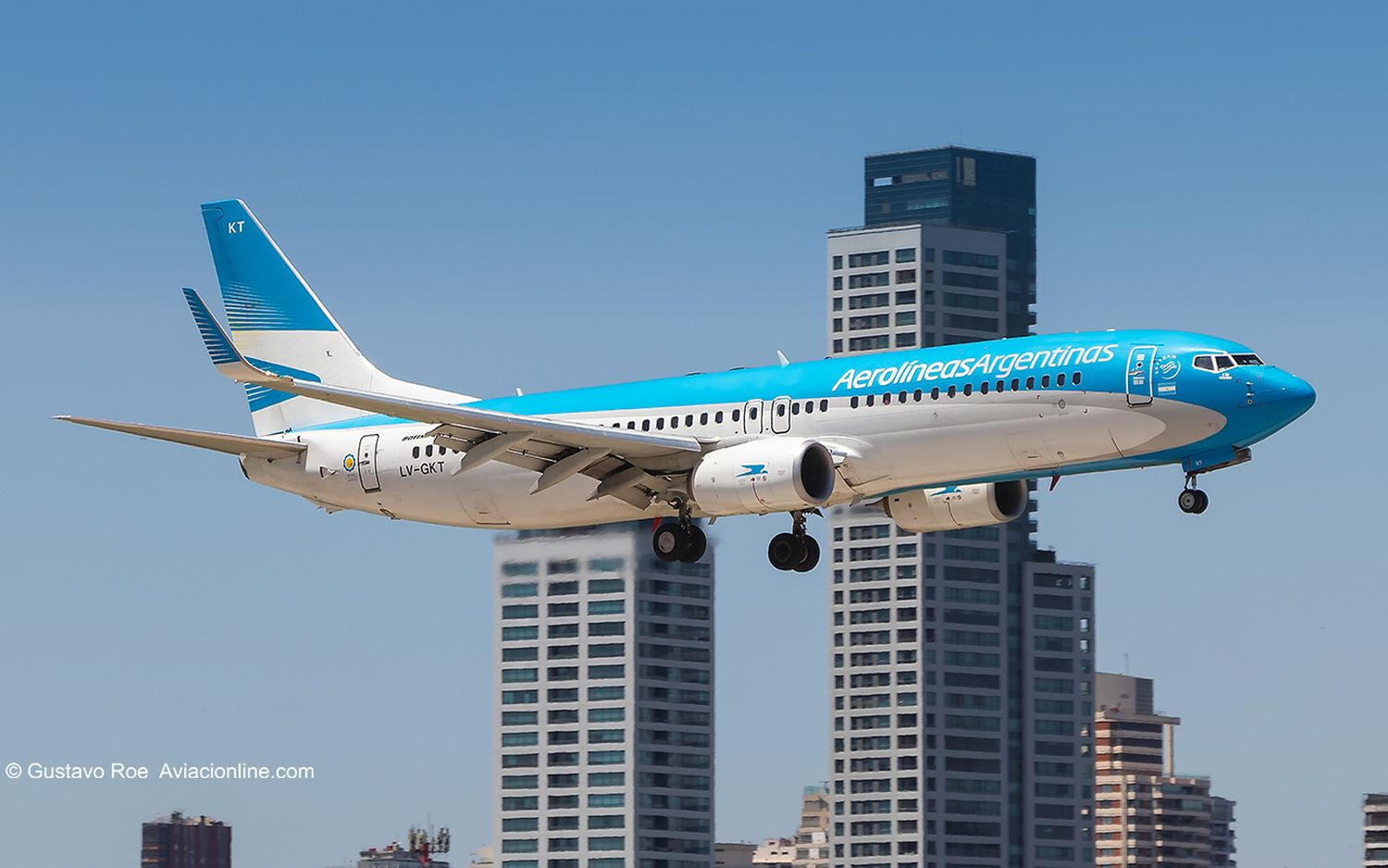Historic Agreement: Aerolíneas Argentinas and Unions Adjust Conditions to Boost Productivity
Aerolíneas Argentinas has finally signed an agreement with its main aviation unions, which, according to the company, will result in improvements in productivity and changes to labor conditions that had previously been a source of conflict.
The negotiation includes modifications to the agreements of APLA (pilots), AAA (cabin crew), and APA (ramp and check-in), who accepted the proposed adjustments to their working conditions in exchange for a 16% salary increase. In the case of APTA (mechanics), who had already accepted the salary offer, new terms were introduced to facilitate the rotation of staff on platforms and hangars, which the company considers a step forward in efficiency.
Among the agreed modifications, one of the main changes will be the elimination of additional benefits, such as business-class vacation tickets for pilots, managerial staff, and their direct families. According to Aerolíneas Argentinas, these benefits were not in line with industry standards, and their elimination is part of the company’s efforts to align its compensation schemes with those of the sector.
See also: Aerolíneas Argentinas: the points unions conceded to unblock the conflict
Another key change includes replacing the transfer system for pilots and cabin crew with a per diem scheme, which will be implemented once the summer season ends. Going forward, crew members will begin their working day upon arrival at the airport terminal, which the airline says reduces operational costs and aligns work hours with more common industry standards.
In operational terms, the company reached agreements that will allow greater flexibility in assigning ramp personnel and mechanics to different areas of the airport, a point that had caused tensions in the past. Additionally, the check-in staff will allow the use of self-service kiosks and automatic baggage check-in systems, while the crew members agreed to introduce an onboard sales service, which, according to Aerolíneas Argentinas, will help diversify revenue streams.
Regarding flight planning, APLA agreed to remove a series of restrictions that, according to the company, had limited flight scheduling for over a decade. Aerolíneas Argentinas estimates that implementing all of these measures will increase monthly flight hours by 3% to 5%, thus optimizing the use of its fleet and human resources.
These changes, the airline states, reinforce its goal of aligning with the productivity practices of the commercial aviation sector and consolidate a cost-reduction strategy. In this regard, Aerolíneas Argentinas claims to have reduced its deficit by more than 75% compared to 2023, the year in which it recorded losses of 390 million dollars.
It remains to be seen what the immediate future holds for the state-owned company, now that labor peace has been achieved, allowing operations to proceed without major disruptions—a key area where the company has outperformed other players in the Argentine market.
In recent weeks, the administration of Javier Milei has renewed its push for the privatization of the airline. However, it still lacks the legislative support needed to pass such a measure. Another reality also looms: reviewing labor agreements, as has just been done, is merely the first step toward creating any potential interest from prospective buyers.


Para comentar, debés estar registradoPor favor, iniciá sesión